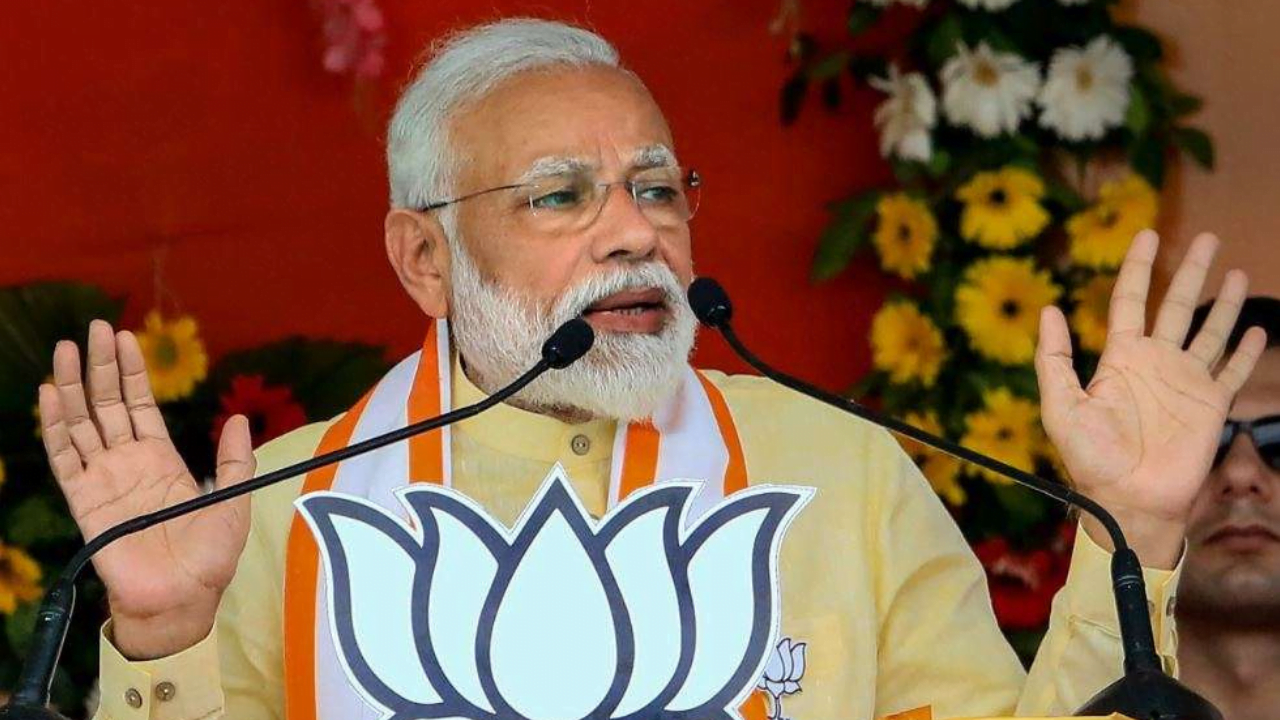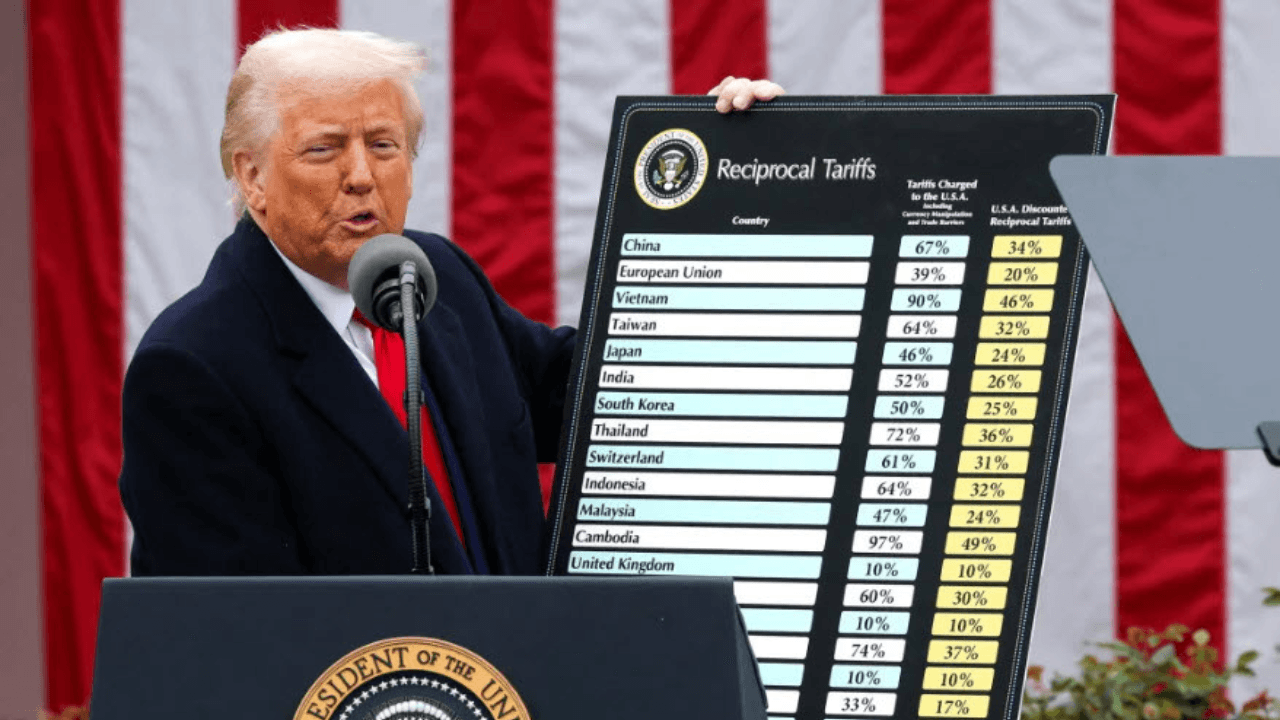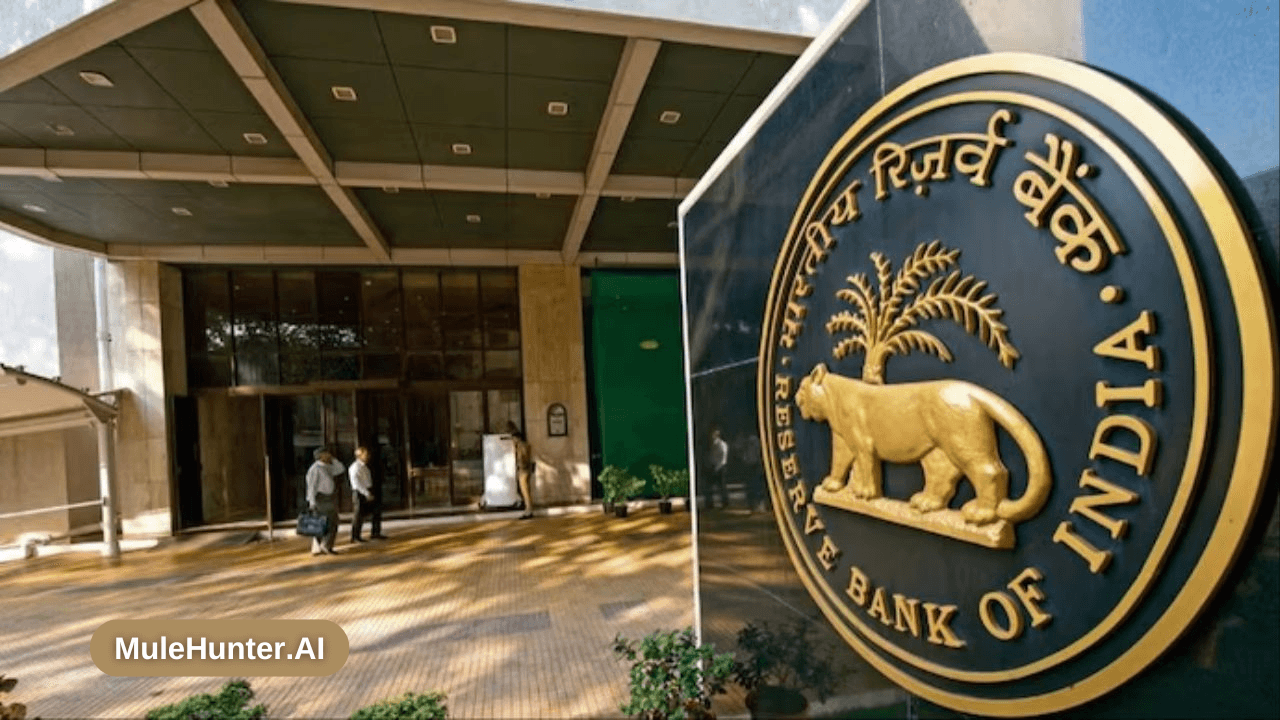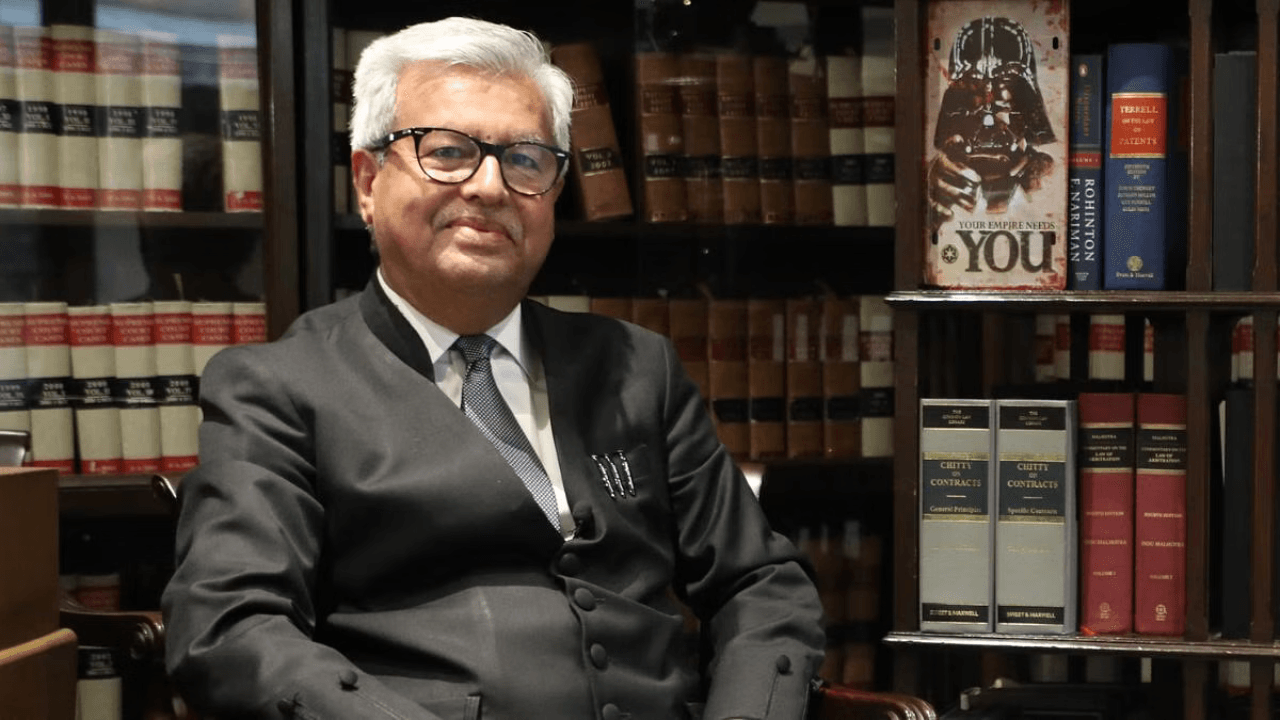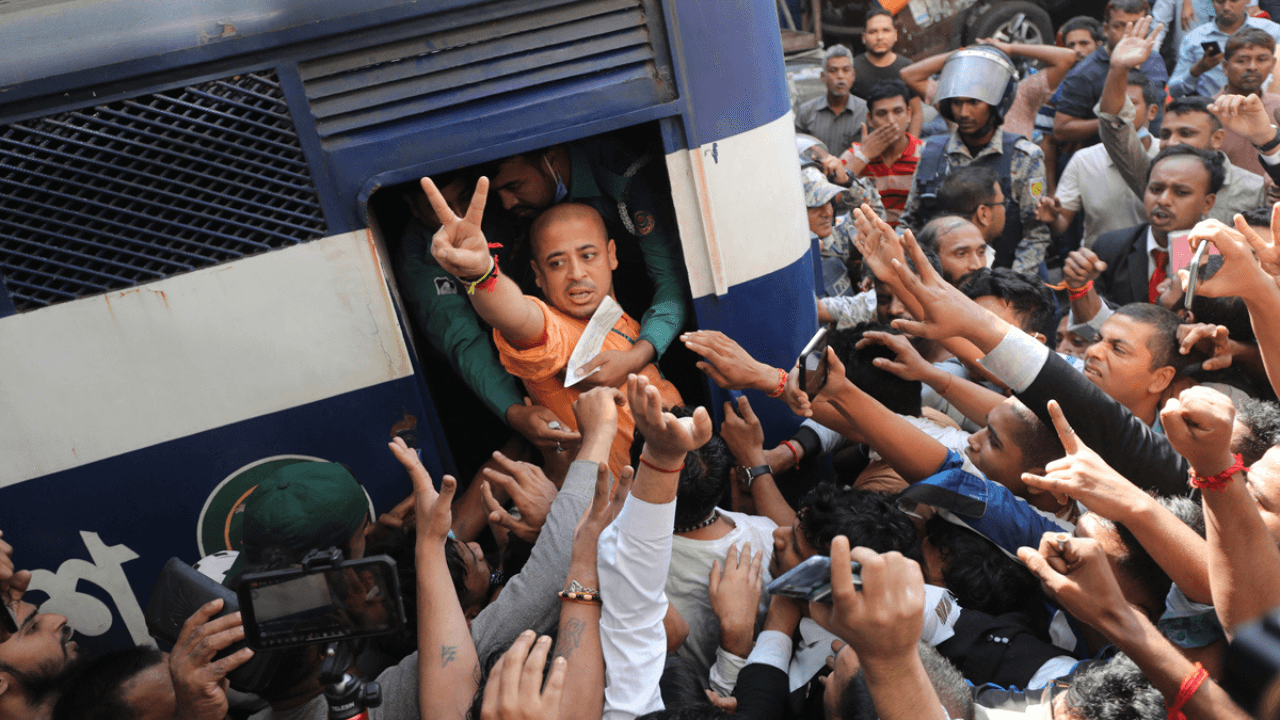Over the last decade, BJP-led governance has often been described as despotic, with parliamentary debates and discussions sidelined from the core of democratic principles. The supremacy of the Constitution was frequently undermined, as evidenced by the controversial implementation of policies such as demonetization, GST, the triple talaq law, farm laws, the Agniveer scheme, and the Citizenship Amendment Act. These measures sparked widespread resentment among the masses.
However, the decriminalization of homosexuality under Article 377 during Modi’s tenure provided a sigh of relief to same-sex couples. Additionally, same-sex marriage rights were being discussed in the courts. This liberal stance during Modi’s government could be considered a positive development in human interest issues. Nonetheless, one could argue that the progress on Article 377 had more to do with the petitioners’ efforts than Modi’s governance. I mention this to highlight the positive developments in human interest issues during Modi’s tenure.
The ‘Hindutva’ and ‘Ram-Rajya’ governance model helped BJP secure 240 seats, including all seven parliamentary seats in Delhi. Just a day before the polls, slogans and posters appealing for votes in the name of Ram swayed public sentiments and secured a mandate in Delhi. However, it would be wrong to argue that ‘Ram Rajya’ and Hindutva politics did not play a role this time. The results in Odisha, Chhattisgarh, Madhya Pradesh, Uttarakhand, and Himachal Pradesh are a testament to the enduring influence of BJP ideology. Conversely, pockets in UP are teetering on the brink due to rising unemployment, and reservation politics helped the INDIA bloc gain voters’ trust.
There were several instances where opposition MPs protested and were subsequently suspended from Parliament. Despite this, BJP’s considerable numbers in both the lower and upper houses allowed them to advance their agenda seamlessly.
However, the 2024 general election results have dramatically altered the landscape of Indian democracy. Two separatist leaders won elections from behind bars, and several Muslim MPs were elected to address issues affecting marginalized communities. The pre-poll campaign was divisive, focusing heavily on religious and caste lines, with identity politics taking center stage. Prime Minister Modi spoke against reservation policies and hinted at amending laws, with Amit Shah and Modi stating that Muslim reservations would be struck down if they came to power.
BJP’s allies, JDU and TDP, uphold a socialist value system. Nitish Kumar’s 15-year governance in Bihar never revolved around religious divides. Similarly, Chandrababu Naidu has been known for not discriminating against Indian citizens based on religious identity.
The new coalition government of Modi 3.0 and its partners will shape new narratives for the nation. This period will likely see a redefinition of the separation of powers and intertwined ideologies, writing a new chapter in the federal polity of Indian democracy.

